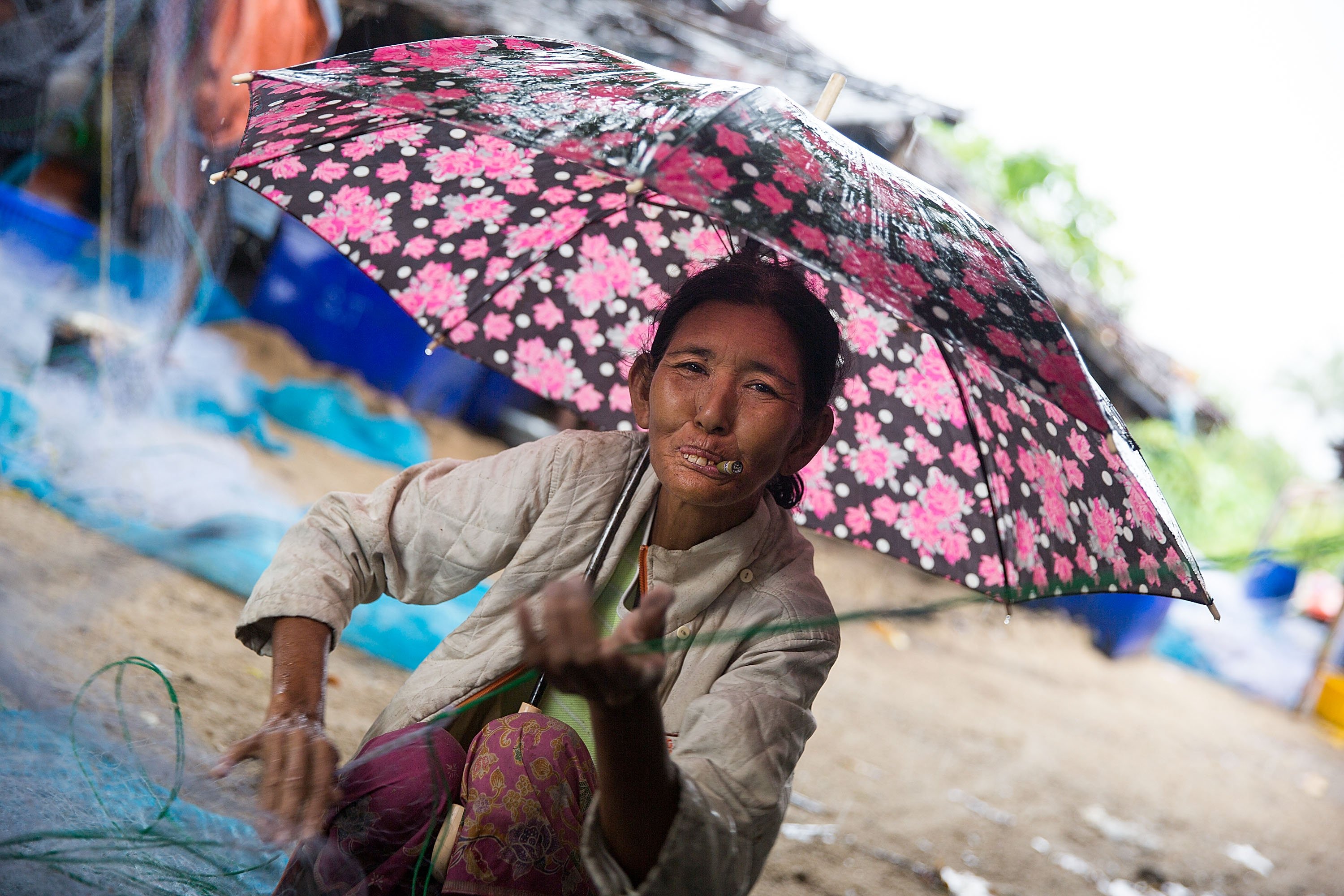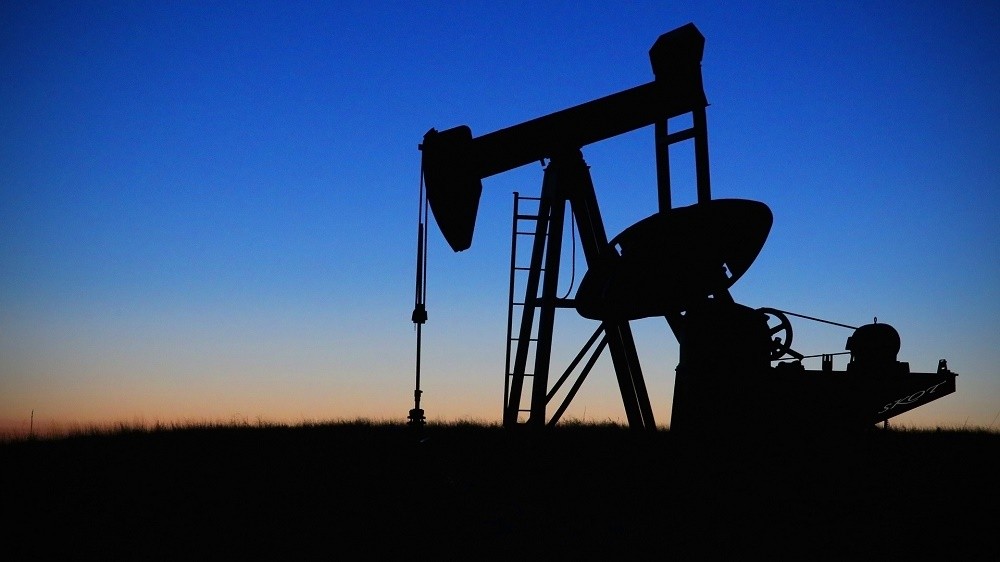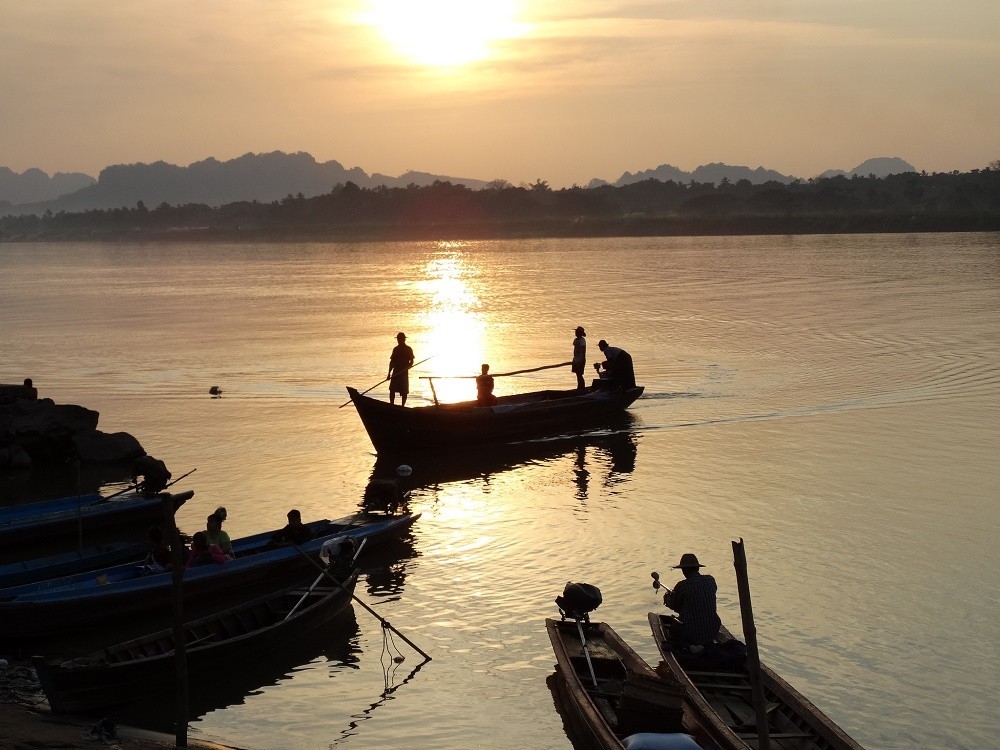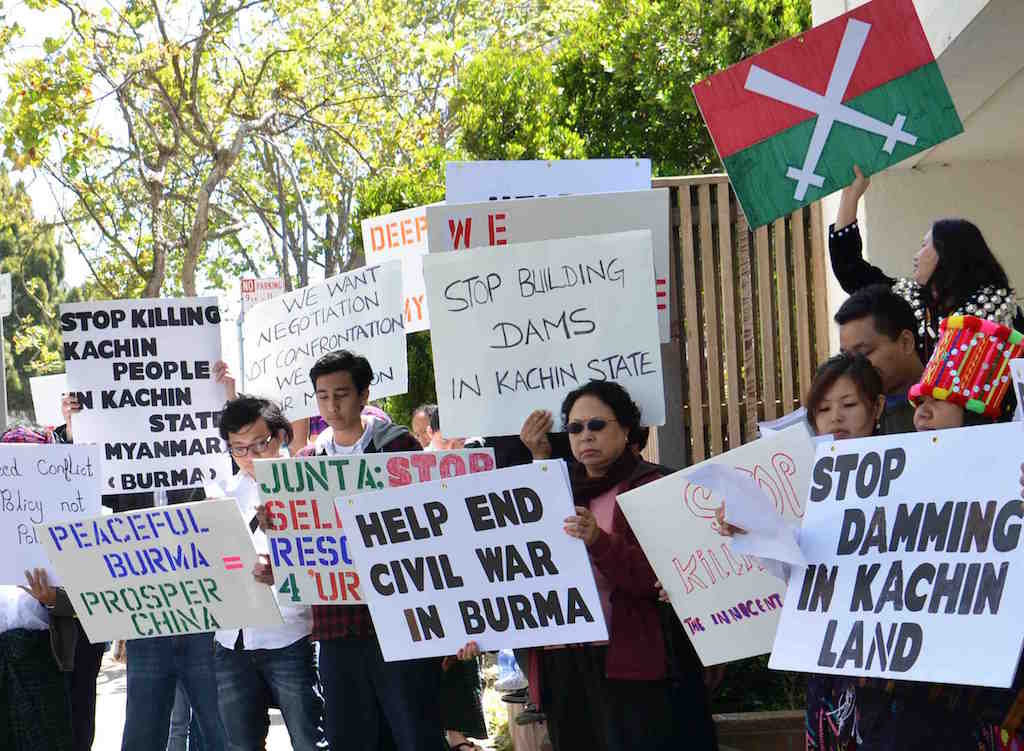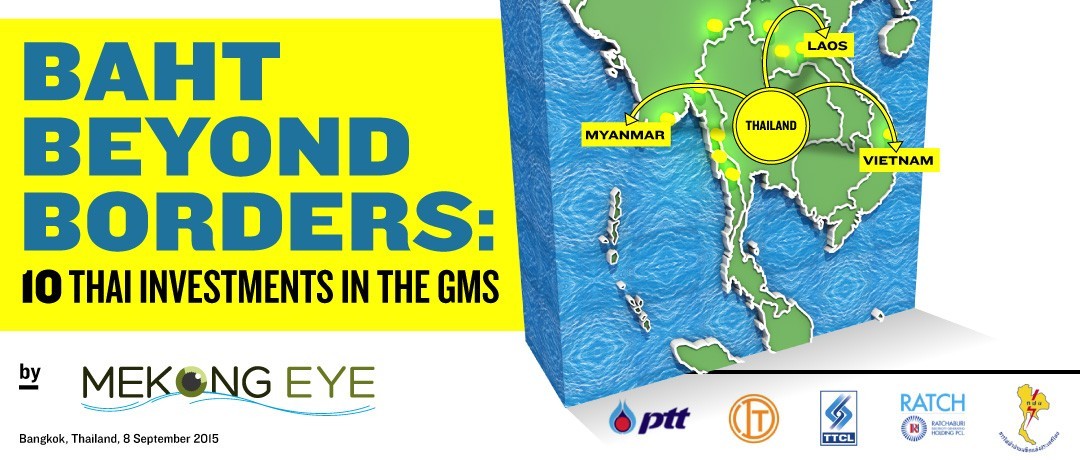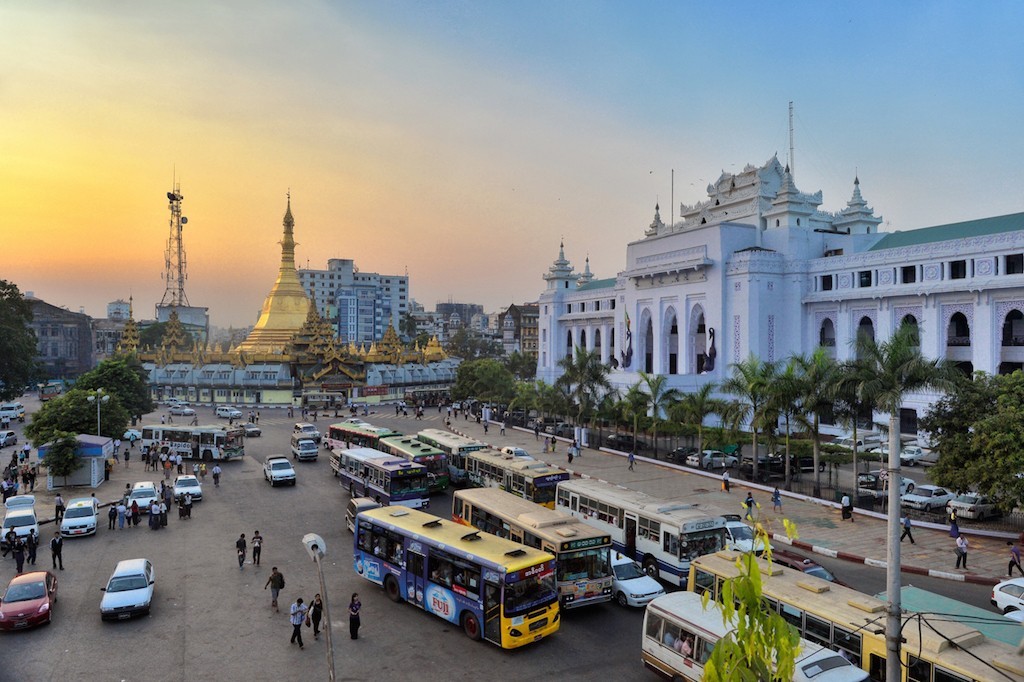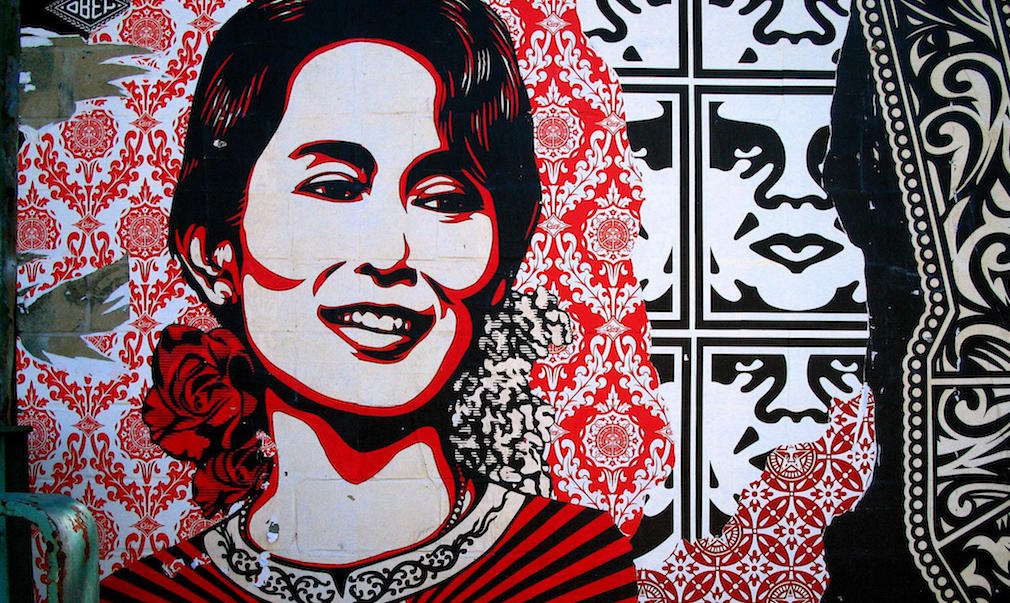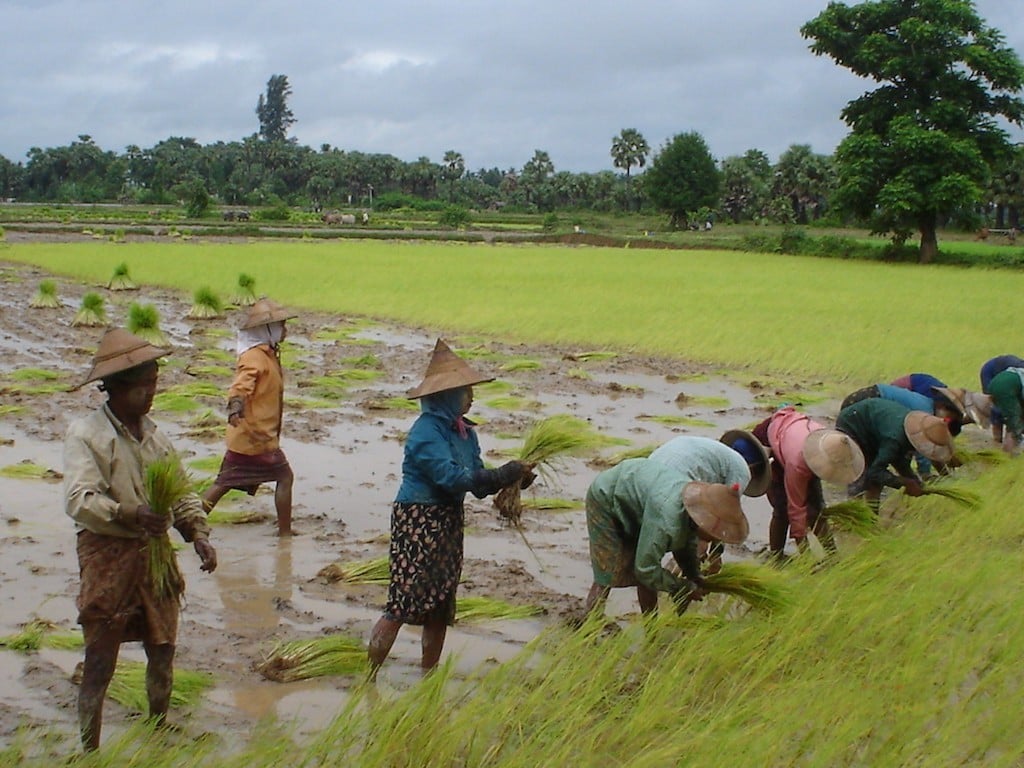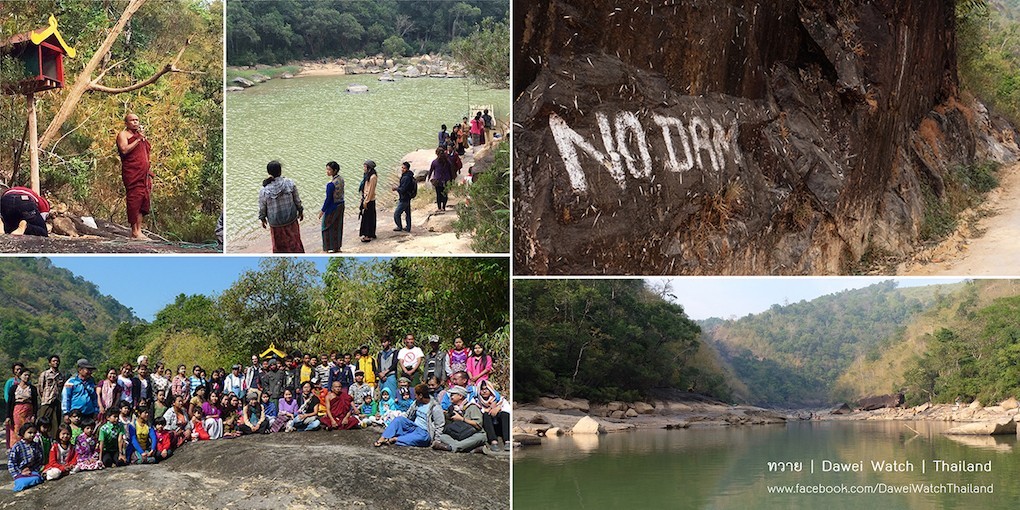Hkawn San is one of about 5,000 people who were resettled by Chinese contractors from the catchment area behind the projected Myitsone Dam, which Myanmar President Thein Sein abruptly and unexpectedly cancelled in 2011, shortly after he took office. Like those in far too many other resettlement villages, Hkawn San is not happy.
“The house here has problems, we get barely enough food to survive, but we do not get enough money, so people have to go around trying to find day work,” she said, sitting in front of her new but already decaying house in Aung Myint Thar, one of the two resettlement villages located north of Myitkyina, the capital of Myanmar’s Kachin State.
The Mytsone Dam was meant to be one of the world’s largest, to be built at the confluence of the Mali Hka and the N’Mai Hka, the two streams that form the Irrawaddy, Myanmar’s most fabled river. The Irrawaddy Valley is considered to be the birthplace of Burmese civilization . It is now a bone of contention between Myanmar, with whom the cancellation was enormously popular, and China, which is seeking to restart construction.


